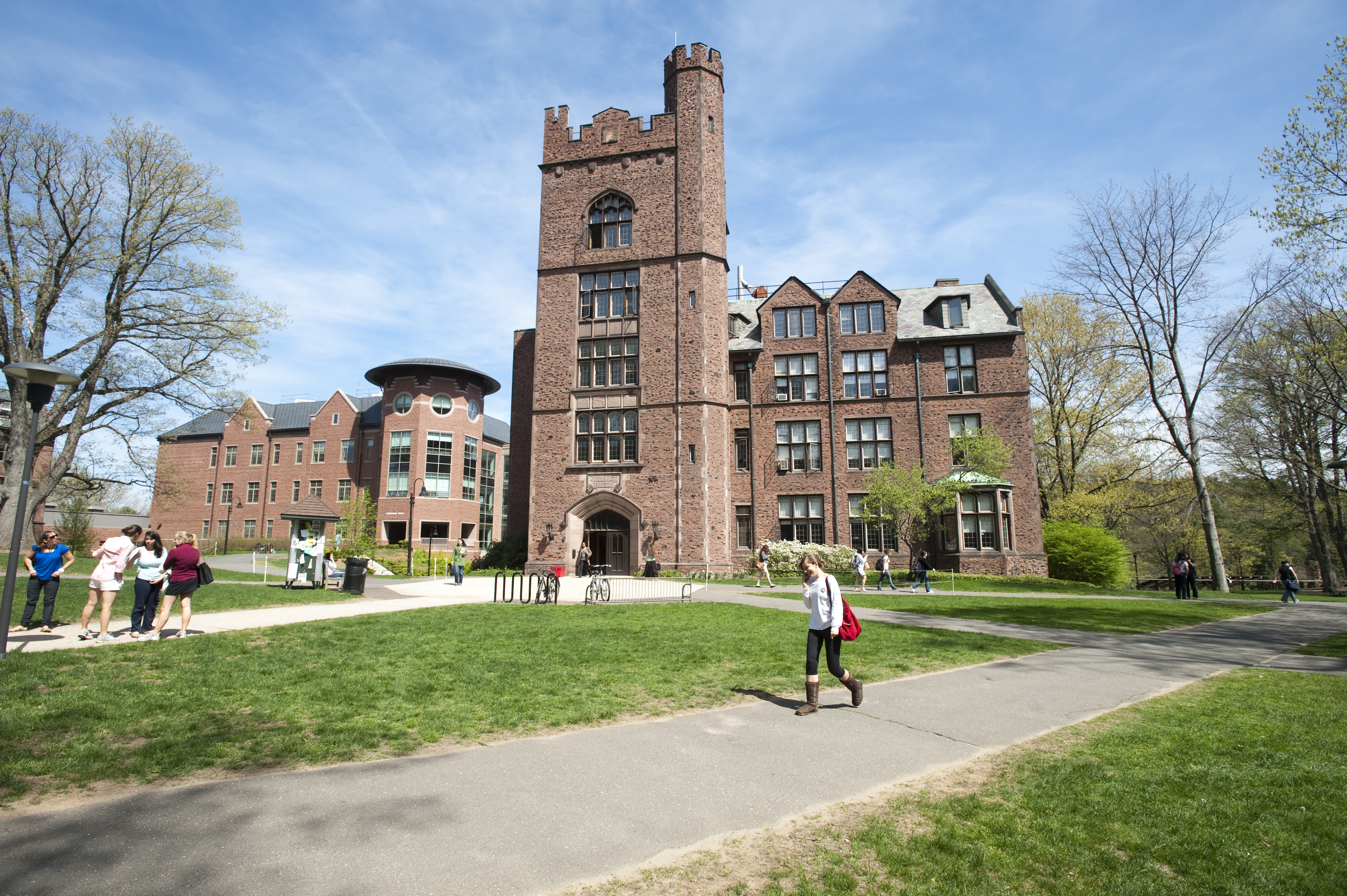student debt
The U.S. Education Department is creating a new office to protect federal student loan borrowers and to investigate scams in higher education. It sounds like something out of a Law & Order episode: the Student Aid Enforcement Unit. Among other things, the $13.6 million unit will probe schools that lie to prospective students about their graduation and job rates.

The federal government is poised to forgive college loans for thousands of students who attended Corinthian Colleges, the now defunct for-profit giant under investigation for misleading students about graduation and employment rates. Many of these students not only have loans, but are also unable to find jobs.
On Wednesday, the Senate voted against a bill filed by Sen. Elizabeth Warren, D-Mass., that would allow college graduates to refinance their outstanding student loans at lower interest rates.
Despite the public outcry about mounting student loan debt, Republican leaders widely dismissed the measure as a progressive political stunt during an election year because it called for a new tax on millionaires and billionaires to cover the cost.

Senator Elizabeth Warren is renewing her effort to help former college students pay back their student loan debt.
Warren wants to bring high student loan interest rates down to the rates that are offered to new borrowers this year.
Earlier this week, WGBH’s On Campus caught up with the senator shortly after she left the floor of the Senate where she filed a bill to do just that.

High school seniors across the country are anxiously awaiting college acceptance or rejection letters. The experience can be excruciating, especially for those who are hoping to become the first in their family to go to college. But Lynn Pasquerella, president of Mount Holyoke College, wants to take the time this admissions season to think about those students who did not apply.
Graduates of elite colleges and universities don’t necessarily make more money than their counterparts at less well-known schools, according to new research.
Using the first-year earnings of graduates of colleges and universities in five states, the study found that those from regional and second-tier campuses, on average, earn about the same as those who go to prestigious flagship universities.












